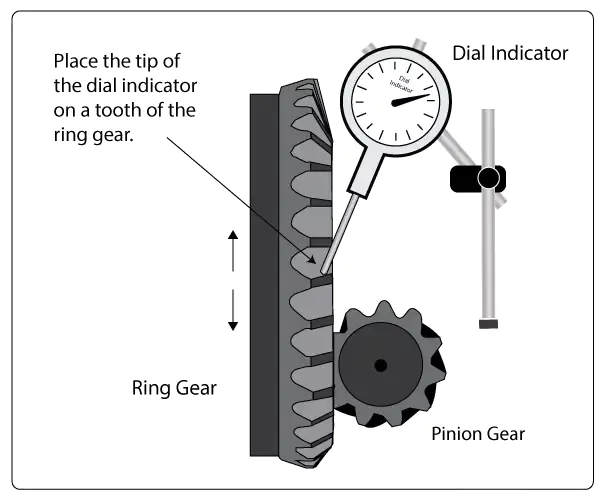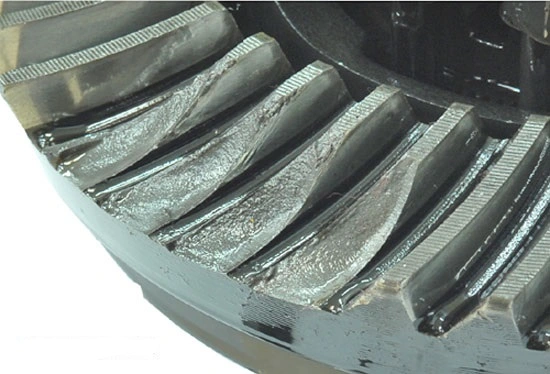The crown wheel and pinion are critical components in a vehicle’s differential, responsible for transferring power from the driveshaft to the wheels. The material used in their construction plays a significant role in determining durability, strength, and overall performance. Two of the most common materials used in manufacturing these gears are Chrome-Molybdenum steel (Chromoly steel) and Standard Alloy steel. Understanding the differences between these materials can help drivers and mechanics choose the right option for their specific needs.

Strength and Durability Comparison
One of the biggest advantages of Chrome-Molybdenum steel is its superior strength and durability. This material is a high-performance alloy that contains chromium and molybdenum, making it more resistant to wear and stress compared to standard alloy steel. Due to its higher tensile strength and better impact resistance, Chromoly steel is often preferred in high-performance applications, such as racing or heavy-duty off-road vehicles.
Standard alloy steel, on the other hand, is more commonly used in general-purpose vehicles. While it offers good performance and reliability, it is not as resistant to extreme loads and stress as Chrome-Molybdenum steel. Over time, gears made from standard alloy steel may wear down faster, especially in demanding driving conditions.
Heat Resistance and Wear Performance
Another key difference between these two materials is their ability to handle heat. Chrome-Molybdenum steel has a higher heat tolerance, which means it can withstand prolonged exposure to high temperatures without losing strength. This is particularly important for vehicles that operate under extreme conditions, such as race cars and off-road trucks, where the differential can get extremely hot due to high torque loads.
Standard alloy steel, while still able to perform well in everyday driving conditions, does not offer the same level of heat resistance. Under extreme stress, it is more prone to heat-induced wear, which can lead to a shorter lifespan of the gear set.
Cost Considerations
While Chrome-Molybdenum steel offers superior performance, it also comes at a higher cost. The advanced manufacturing process and material composition make it more expensive than standard alloy steel. For drivers who require maximum performance and durability, the investment in Chromoly steel is often worth it. However, for general-use vehicles, standard alloy steel provides a cost-effective solution without compromising too much on reliability.
Choosing the Right Material for Your Needs
If you are using your vehicle for normal street driving or light-duty applications, a crown wheel and pinion made from standard alloy steel is usually sufficient. It provides a good balance of cost and durability, making it a practical choice for most drivers.
However, if you own a high-performance or off-road vehicle, investing in a Chrome-Molybdenum steel gear set can provide better longevity, improved heat resistance, and enhanced strength. For those who engage in racing, off-roading, or heavy towing, Chromoly steel is the best option to ensure long-term reliability and performance.



